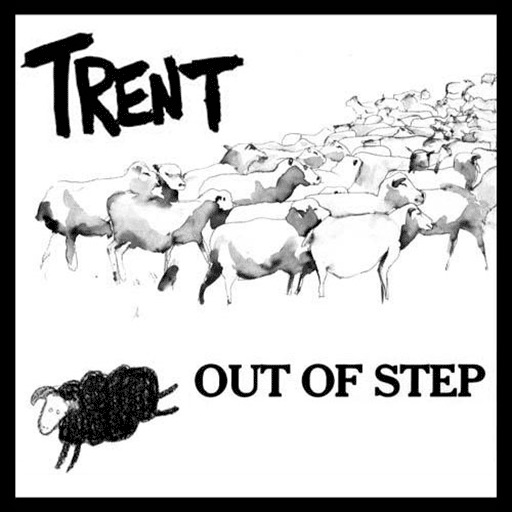American Christianity’s White-Supremacy Problem
History, theology, and culture all contribute to the racist attitudes embedded in the white church.
via The New Yorker: https://www.newyorker.com/books/under-review/american-christianitys-white-supremacy-problem
Early on in “Narrative of the Life of Frederick Douglass,” the first of three autobiographies Douglass wrote over his lifetime, he recounts what happened—or, perhaps more accurately, what didn’t happen—after his master, Thomas Auld, became a Christian believer at a Methodist camp meeting. Douglass had harbored the hope that Auld’s conversion, in August, 1832, might lead him to emancipate his slaves, or at least “make him more kind and humane.” Instead, Douglass writes, “If it had any effect on his character, it made him more cruel and hateful in all his ways.” Auld was ostentatious about his piety—praying “morning, noon, and night,” participating in revivals, and opening his home to travelling preachers—but he used his faith as license to inflict pain and suffering upon his slaves. “I have seen him tie up a lame young woman, and whip her with a heavy cowskin upon her naked shoulders, causing the warm red blood to drip; and, in justification of the bloody deed, he would quote this passage of Scripture—‘He that knoweth his master’s will, and doeth it not, shall be beaten with many stripes,’ ” Douglass writes. Douglass is so scornful about Christianity in his memoir that he felt a need to append an explanation clarifying that he was not an opponent of all religion. In fact, he argued that what he had written about was not “Christianity proper,” and labelling it as such would be “the boldest of all frauds.” Douglass believed that “the widest possible difference” existed between the “slaveholding religion of this land” and “the pure, peaceable, and impartial Christianity of Christ.”

